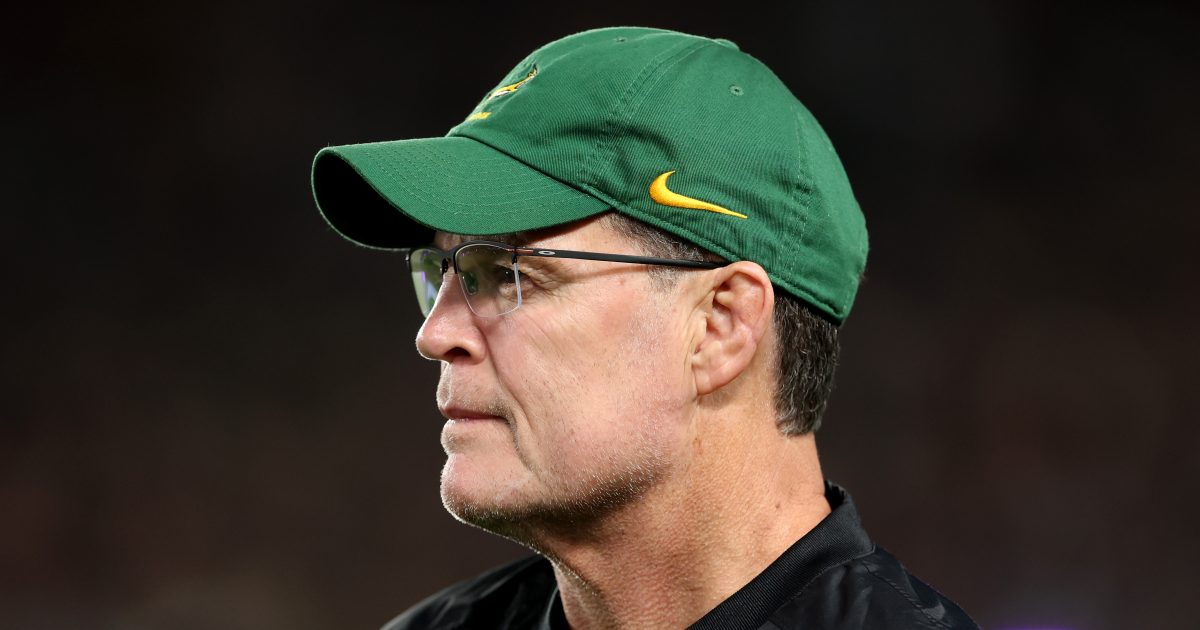Rassie Erasmus was always going to make changes to his matchday squad between the first and second All Blacks Tests, but admits a loss at Eden Park has inspired more changes than he initially had planned.
The Springbok coach, having stuck with his most tried and tested personnel in game one of the mini-tour, has looked to a younger, more dynamic backline for the sequel Test, a move many see as indicative of a shift in play style.
Erasmus had mentioned in the build-up to the Eden Park Test that he wanted his players to experience the pressure of playing the All Blacks in New Zealand, framing it as a valuable experience for growth.


The youth of the backline named for the Wellington Test is a significant step away from the established stars who have delivered two consecutive Rugby World Cup titles. Erasmus addressed the media after naming his matchday 23, and was asked whether any players were dropped due to their performance in the weekend’s loss.
“We all know there were a lot of guys that didn’t play well, and there are a lot of coaches who didn’t coach well last week, including myself,” he replied.
“If I have to look at the positives, when the game ended, it almost felt like the World Cup, that Ireland pool match where we clawed ourselves back into the game, and then we didn’t score at the end.
“And to answer your question there, I thought the guys that that came on brought a lot of energy and brought a lot of fight which, after 15 minutes, you know we were 14-0 down and then they [the All Blacks] only scored another 10 points, which is irrelevant – we lost the game and that’s the bottom line.
“But the energy that the guys who came on maybe changed my mind and made me think, ‘Let’s get some energetic guys onto the field who’ve never played here before’.
“You know, we are still two in the world, so we win this game, we’re back in the Rugby Championship mix, and we are still high in the world rankings. So it is a bit of both. Obviously, some players, like some coaches, some of us are disappointed, but it wasn’t through a lack of trying.”
Balancing the need to win now and build for the future is an ever-present challenge for any coach, especially Erasmus, who has retained much of his 2023 Rugby World Cup squad since then – a squad that entered the tournament as the oldest group competing.
“Firstly, winning every match is quite important for us, at least trying to win every match. That’s the most important thing… the big thing is building squad depth, and as I said last week, that is introducing youngsters sometimes with some senior players, introducing youngsters at different venues, introducing youngsters against other opposition that is really good, number one in the world, at their home field, under pressure with crowd pressure.
“And then slowly seeing how they develop. A guy like (Aphelele) Fassi, this is the next stage for him developing, a guy like Sacha (Feinberg-Mngomezulu) has played against New Zealand last year, but that was at home. Damian Willemse, coming back, hasn’t played at 12 in a while, getting him back into the mix.
“So, I try to balance it while winning, because I know that makes us all happy, winning. But there’s a bit of an eye on the future without forgetting the present.”

